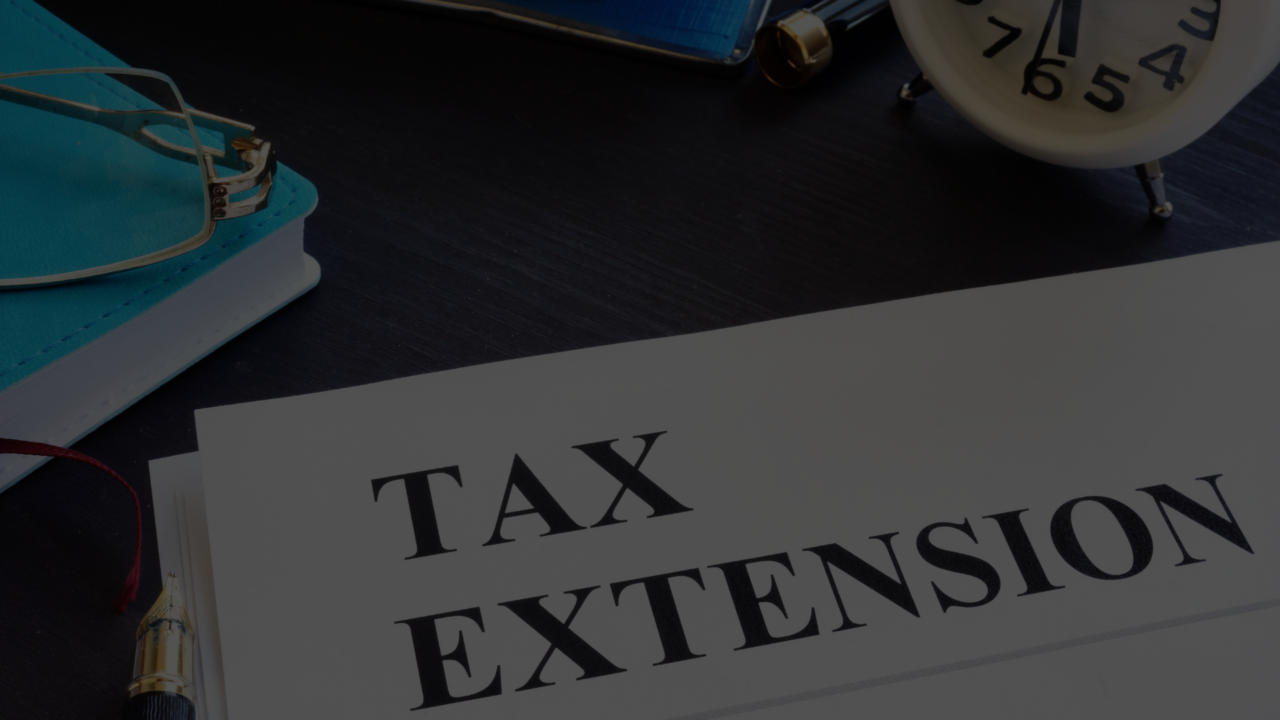Real estate is a powerful tool for wealth building, but it also offers numerous opportunities to reduce your tax burden. By leveraging tax advantages available to real estate investors, you can keep more of your hard-earned money. Here’s how:
1. Take Advantage of Depreciation
- One of the biggest tax benefits of owning investment properties is depreciation. The IRS allows you to deduct the cost of wear and tear on your property over 27.5 years for residential properties or 39 years for commercial properties.
- Example: If your residential property cost $275,000 (excluding land), you can deduct approximately $10,000 annually as a depreciation expense.
2. Use the 1031 Exchange
- A 1031 exchange allows you to defer paying capital gains taxes when you sell a property and reinvest the proceeds in a “like-kind” property.
- Requirements:
- The replacement property must be of equal or greater value.
- You must identify the new property within 45 days of the sale and close the purchase within 180 days.
- This strategy helps you grow your portfolio without the immediate tax hit.
3. Deduct Property-Related Expenses
You can deduct several expenses related to managing your rental property, including:
- Mortgage interest
- Property taxes
- Insurance premiums
- Repairs and maintenance
- Utilities and property management fees
Pro Tip: Keep detailed records and receipts of all expenses to maximize deductions.
4. Benefit from the Qualified Business Income (QBI) Deduction
- Real estate investors who qualify as real estate professionals or operate through certain structures (e.g., an LLC, S-Corp, or sole proprietorship) may enjoy up to a 20% deduction on qualified rental income under the QBI deduction (Section 199A).
5. Offset Gains with Losses
- You can use passive losses from your rental properties to offset gains elsewhere. If your adjusted gross income is below $100,000, you can deduct up to $25,000 in rental losses annually.
- Losses exceeding this limit can be carried forward to future years.
6. Utilize Opportunity Zones
- Invest in properties located in designated Opportunity Zones to defer or eliminate capital gains taxes. By holding the property for 10+ years, you may completely avoid taxes on gains from the investment.
7. Consider Home Office and Short-Term Rentals
- If you use part of your home exclusively for business, you can deduct home office expenses.
- For short-term rentals, you may qualify for tax breaks without being subject to passive activity rules if you meet specific requirements (e.g., rent the property for 14 days or fewer annually).
8. Leverage Tax-Advantaged Accounts
- Use a Self-Directed IRA to invest in real estate. Gains in the account grow tax-deferred (traditional IRA) or tax-free (Roth IRA), allowing you to build wealth more efficiently.
Key Takeaways
- Real estate offers diverse strategies to reduce your tax burden, from depreciation to 1031 exchanges and deductions.
- Stay compliant with IRS rules and consult a tax professional to tailor these strategies to your financial goals.
Investing in real estate is not just about building equity—it’s also a smart way to minimize taxes while growing wealth. Start leveraging these tax advantages to make the most out of your investments!
Optimize your tax savings with real estate! For personalized assistance, contact our firm today.




